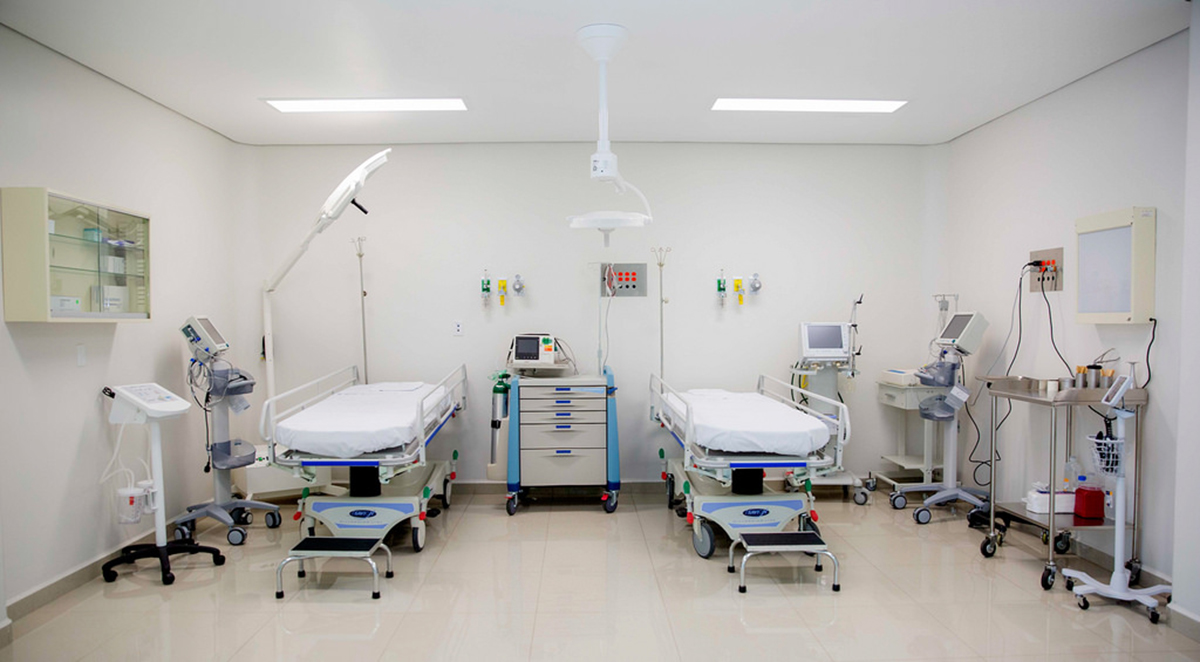Table of Contents
Drs. Martin Makary and Michael Daniel, who did the study mentioned earlier in this article, made their estimate from a variety of sources. They essentially took an average of a variety of estimates of deaths by medical error in the United States and compared them to known causes of death in data from the Centers for Disease Control. There is a possibility their numbers are low, and the rates of non-lethal medical events are also staggering.

Just how often do doctors in the United States make mistakes? These numbers are based only on the experiences of patients in hospital care:
- Looking at care between 2000 and 2002, a study of 37,000,000 hospital stays by Medicare patients analyzed by Makary and Daniel found that 390,000 people died of preventable medical events.
- A study of three hospitals published in 2004 found that 33.2 percent of all patients experienced preventable adverse events caused by medical error. Of the 33.2 percent who received deficient care, over 3 percent died.
- When the US Department of Health and Human Services Office of the Inspector General randomly selected 858 patient histories from hospitals across the nation, analysis found that 13.5 percent suffered a medical error and 1.4 percent died as a result.
- A study of 10 hospitals in North Carolina found that 12 percent suffered medical error, and of that group, a little over 3 percent died.
Makary and Michael came up with their figure of 251,000 deaths per year from medical error as an "average" of these studies. It is possible that between 200,000 and 400,000 people per year die as a result of medical error. Makary and Michael also note survey data that find that 89 percent of American doctors would take steps to reduce the problem.
To be fair to doctors, most medical errors aren't stupid mistakes. Very, very few patients die because a nurse or pharmacy couldn't understand a doctor's use of the English language (they will typically ask for clarification) or because no one could read the doctor's handwriting (most modern records are computerized). It's extremely unusual, happening fewer than 10 times a year in a country of 320 million people, for someone to get 100 times the recommended dose of anesthesia or to have the wrong lung removed. That's why hospital staff will ask over and over again why you are going into surgery, and doctors almost always have multiple assistants.
A medical error is more likely to be something like this:
- A patient is treated for antibiotic-resistant pneumonia at one hospital and recovers. Several months later she relapses and is admitted to the emergency room at a different hospital. There is no one to tell the doctor the patient has been previously treated elsewhere. The doctor recognizes that the patient needs antibiotics right away, and it will take two days to run a culture to find out which drug really works. The doctor prescribes the wrong antibiotics and the patient dies. In this case, the doctor has made a mistake, but the fault seems to be more a problem of the way patient records are available.
- A patient is brought in unconscious after an auto crash with head injuries. The doctor decides to run an MRI using a dye to which the patient has an unusual allergy. It is impossible to see certain kinds of injuries without the dye, although the doctor could figure out a plan of treatment as if there were no machine. The patient dies of anaphylactic shock inside the MRI machine because the doctor used the dye.
READ Frightening New Study Reveals Medical Error To Be Third Leading Cause Of Death In The US
These are the kinds of doctors that the entire medical system is trying to prevent. In the meantime, what is the best course of action for patients?
- Realize that just going on chance alone there is an overwhelmingly likelihood that you won't suffer a medical error. The worst hospitals in the US make medical errors about 33 percent of the time, but the national average is under 10 percent.
- Favor doctors who admit risk. In American culture, unlike some other places, most patients want to know if there is potential for death in their diagnosis and risk of death from a procedure. (In much of Asia, the patient would not be told about either.) Doctors who are frank about the risk of procedures usually take care to avoid complications in those procedures.
- Ask what the hospital can do if a procedure goes wrong. Hospitals that are prepared to deal with medical error are more likely to get you a good result.
- Expect doctors and nurses to be human. Humans make mistakes, but caring doctors and caring hospitals work to correct them. Quick attention to your medical needs, without regard to legal liabilities, is a mark of good care.
Doctors are human, but modern medicine is very complex. Don't be eager to sue your doctor. Be eager to get well. Always share your medical history. Never lie to your doctor. Follow doctor's orders and report problems quickly. Do your part to stay well, or to stay alive, but insist that your doctors do theirs.
- Makary MA, Daniel M. Medical error-the third leading cause of death in the US. BMJ. 2016 May 3. 353:i2139. doi: 10.1136/bmj.i2139. No abstract available. PMID: 27143499.
- No authors listed. American death certificates fail to show medical error as possible cause of death. Nurs Stand. 2016 May 25. 30(39):14-5. doi: 10.7748/ns.30.39.14.s17. PMID: 27224603.
- Photo courtesy of presidenciamx: www.flickr.com/photos/presidenciamx/24178893815/
- Photo courtesy of ministeriodedefensaperu: www.flickr.com/photos/ministeriodedefensaperu/8451005982/
- Photo courtesy of presidenciamx: www.flickr.com/photos/presidenciamx/24178893815/


Your thoughts on this